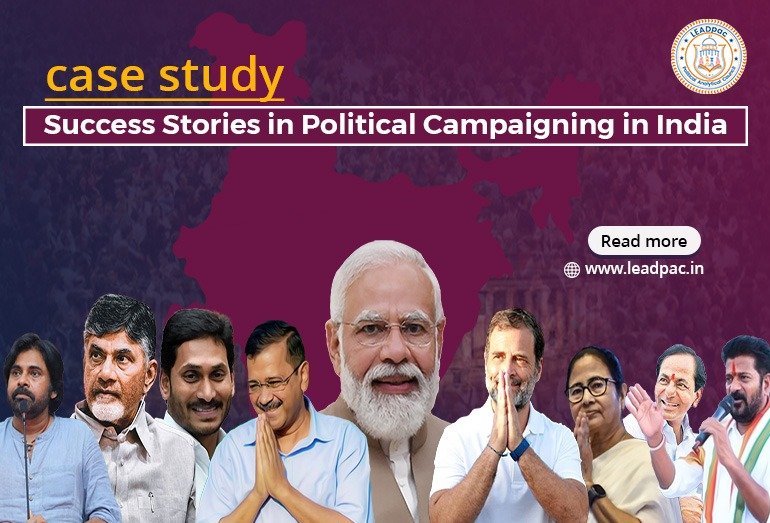Trailblazers of Indian Political Campaigning: Lessons from Success Stories
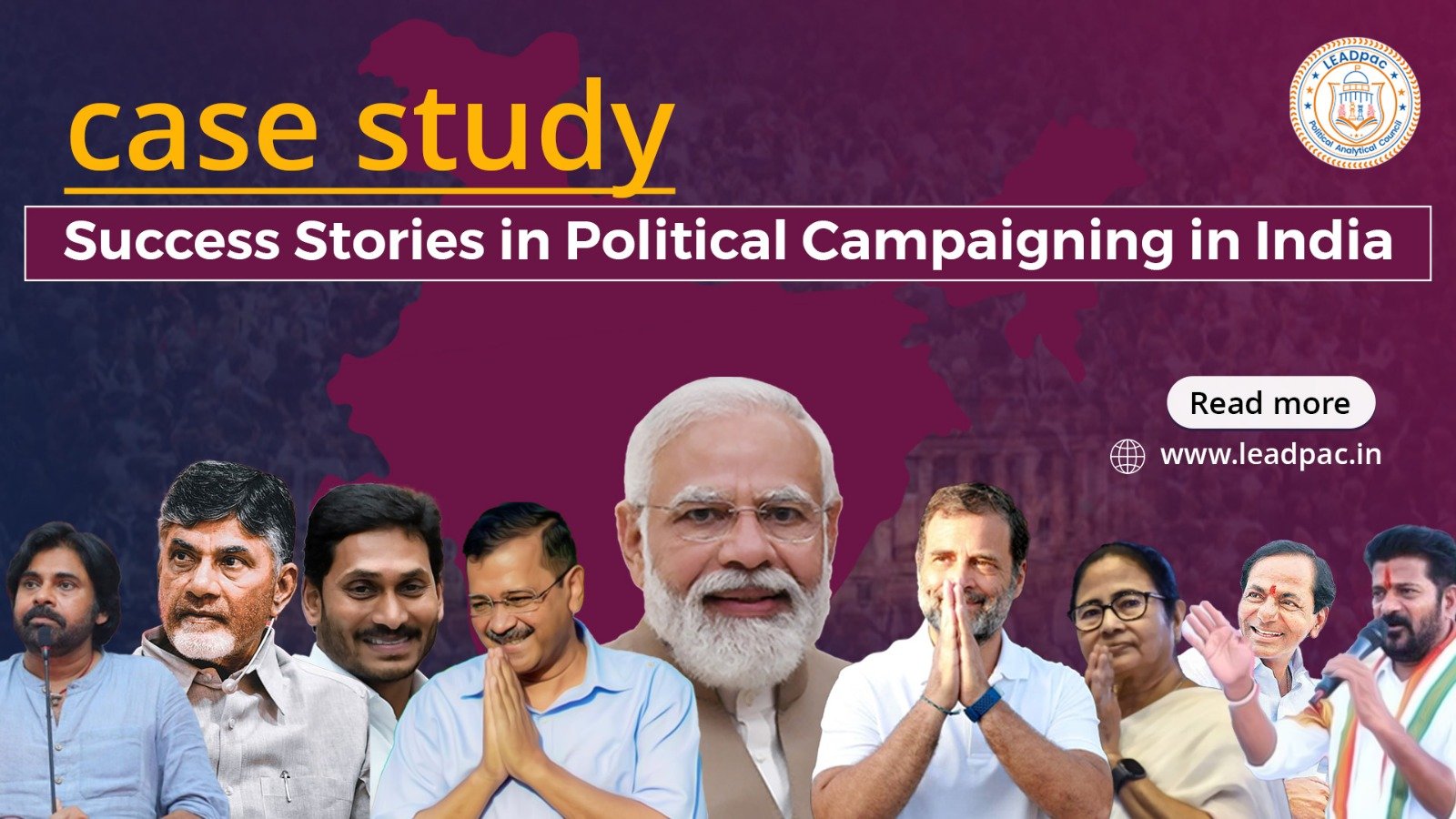
In the dynamic arena of Indian politics, where diversity, complexity, and sheer scale define the landscape, successful political campaigning requires a unique blend of strategy, messaging, and grassroots mobilization. Over the years, several campaigns have emerged as shining examples of effective political maneuvering, reshaping the contours of Indian democracy. Let’s delve into some compelling success stories that have left an indelible mark on the Indian political landscape.
Narendra Modi’s Digital Dominance:
Narendra Modi’s ascension to the office of Prime Minister in 2014 marked a paradigm shift in Indian political campaigning. Leveraging the power of technology and social media, Modi’s campaign team orchestrated a digital blitzkrieg, reaching millions of voters across the country. From interactive mobile apps to personalized messaging, the campaign left no stone unturned in engaging with the electorate. Modi’s charismatic persona and promise of development resonated strongly, especially among the youth and aspirational middle class, propelling him to a historic victory.
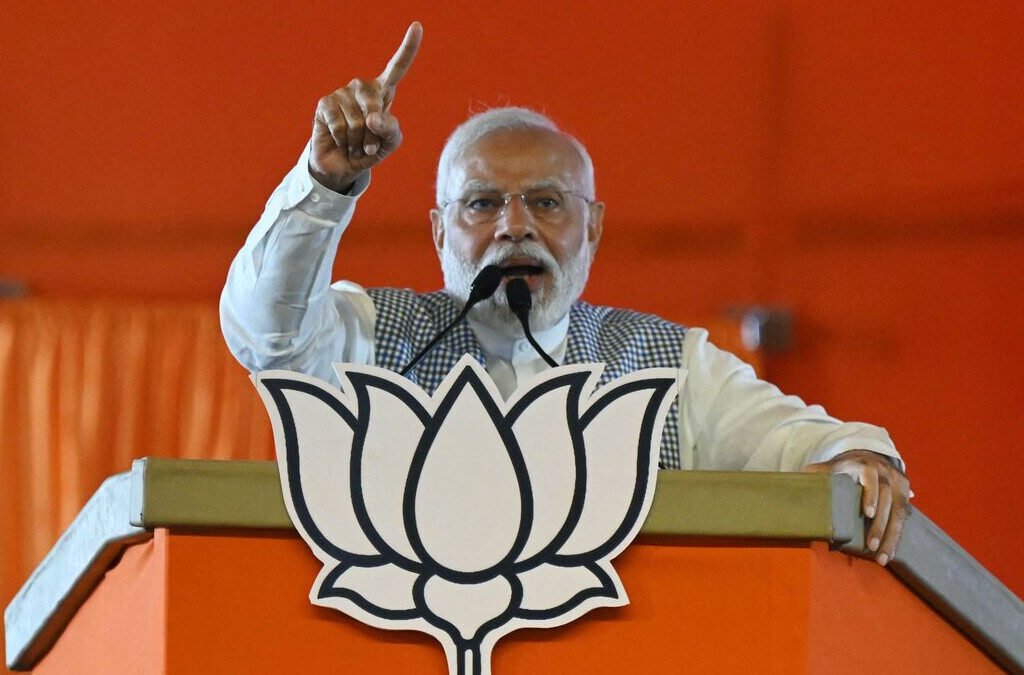
Arvind Kejriwal’s Aam Aadmi Revolution:
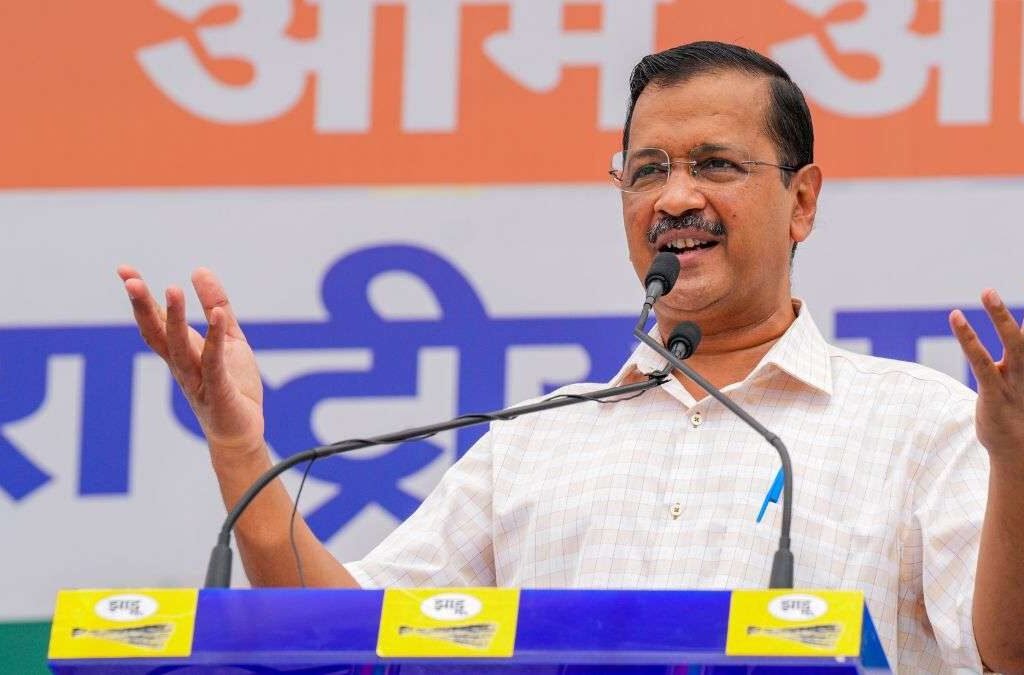
Arvind Kejriwal’s Aam Aadmi Party (AAP) burst onto the political scene in 2013 with a promise to challenge the entrenched political establishment. The party’s grassroots approach, coupled with innovative campaign tactics, captured the imagination of millions disillusioned with traditional politics. Kejriwal’s anti-corruption crusade struck a chord with the common man, leading to a stunning debut in the Delhi Legislative Assembly elections of 2013. The AAP’s emphasis on transparency, accountability, and people-centric governance paved the way for their resounding victory in subsequent elections, establishing a new paradigm in Indian politics.
Mamata Banerjee’s Mass Appeal in West Bengal:
Mamata Banerjee’s Trinamool Congress (TMC) transformed the political landscape of West Bengal with its formidable grassroots machinery and unwavering commitment to regional identity. Banerjee’s connect with the masses, often referred to as “Didi” (sister), transcended traditional party lines, making her a towering figure in Bengal politics. The TMC’s inclusive agenda, coupled with Banerjee’s fierce advocacy for the state’s interests, struck a chord with voters, leading to successive electoral triumphs. Banerjee’s ability to galvanize support across diverse communities underscores the importance of regional narratives in Indian political campaigning.
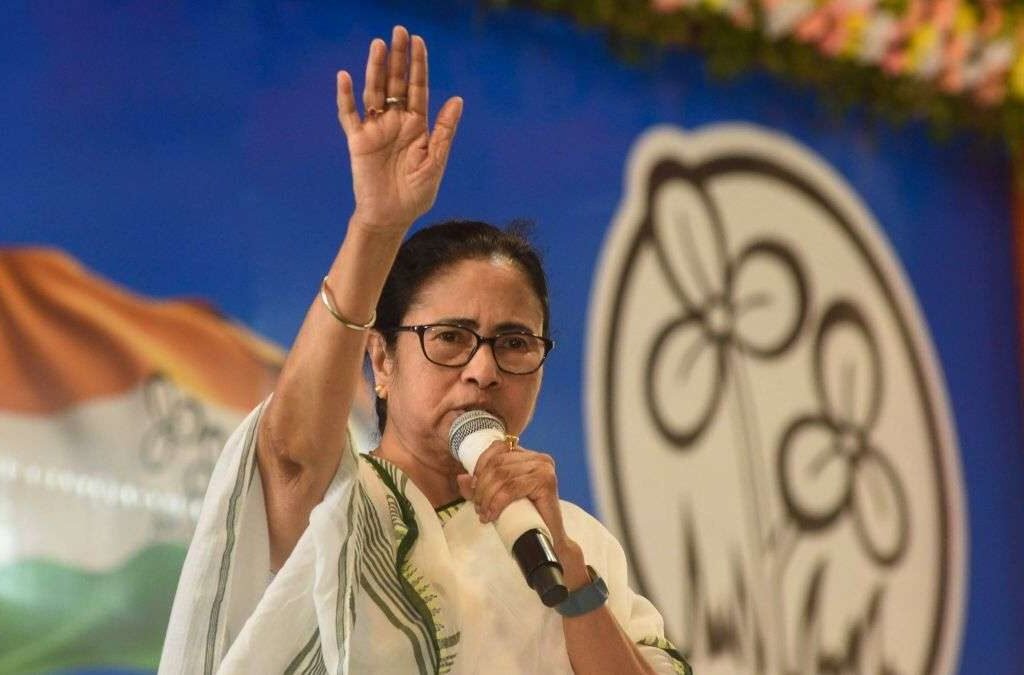
Rahul Gandhi’s Youth Outreach:
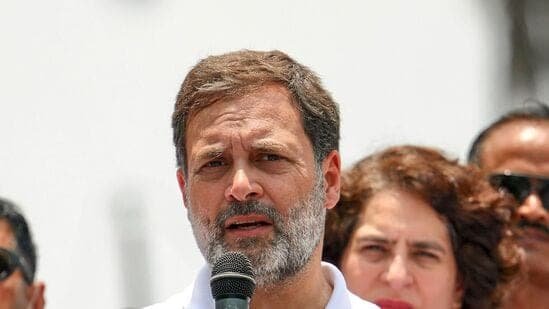
Rahul Gandhi’s Congress party has embarked on a journey of rejuvenation, particularly in its approach to engaging with India’s youth. Through initiatives like the Indian Youth Congress and social media outreach, Gandhi has sought to reinvigorate the party’s grassroots connect. While facing electoral challenges, Gandhi’s emphasis on inclusivity, social justice, and youth empowerment resonates with a segment of the electorate looking for progressive alternatives. The Congress party’s evolving campaign strategies reflect a recognition of the changing dynamics of Indian politics and the need for sustained engagement with new demographics.
INC Telangana Campaigns in Assembly Elections 2023:
Mass Mobilization and Grassroots Campaigning:
The INC has a strong network of grassroots workers and leaders who engage in mass mobilization and campaigning activities. In Telangana, the party has relied on its cadre base to reach out to voters at the grassroots level, organize rallies, door-to-door campaigns, and public meetings to convey its message and secure electoral support.
Alliances and Coalition Politics:
In the context of coalition politics, the INC has successfully formed alliances with regional parties to consolidate its electoral prospects. In Telangana, the party has allied with other opposition parties to challenge the ruling Telangana Rashtra Samithi (TRS) in state elections.
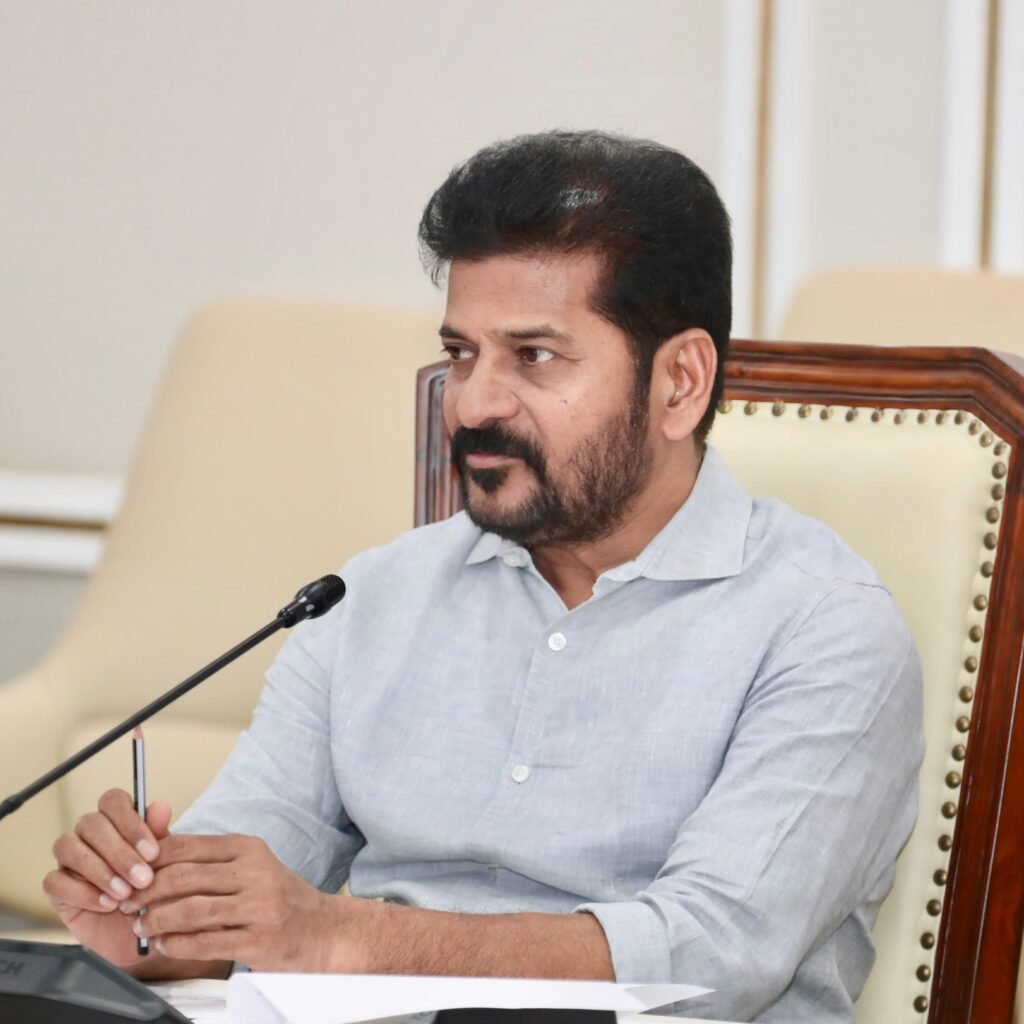
While the INC has faced electoral setbacks in recent years, particularly in Telangana, where the TRS has emerged as a dominant force, the party remains a significant player in Indian politics. Its rich legacy, organizational strength, and outreach efforts make it a formidable contender in nationwide political campaigns.
KCR’s Campaign in Telangana:
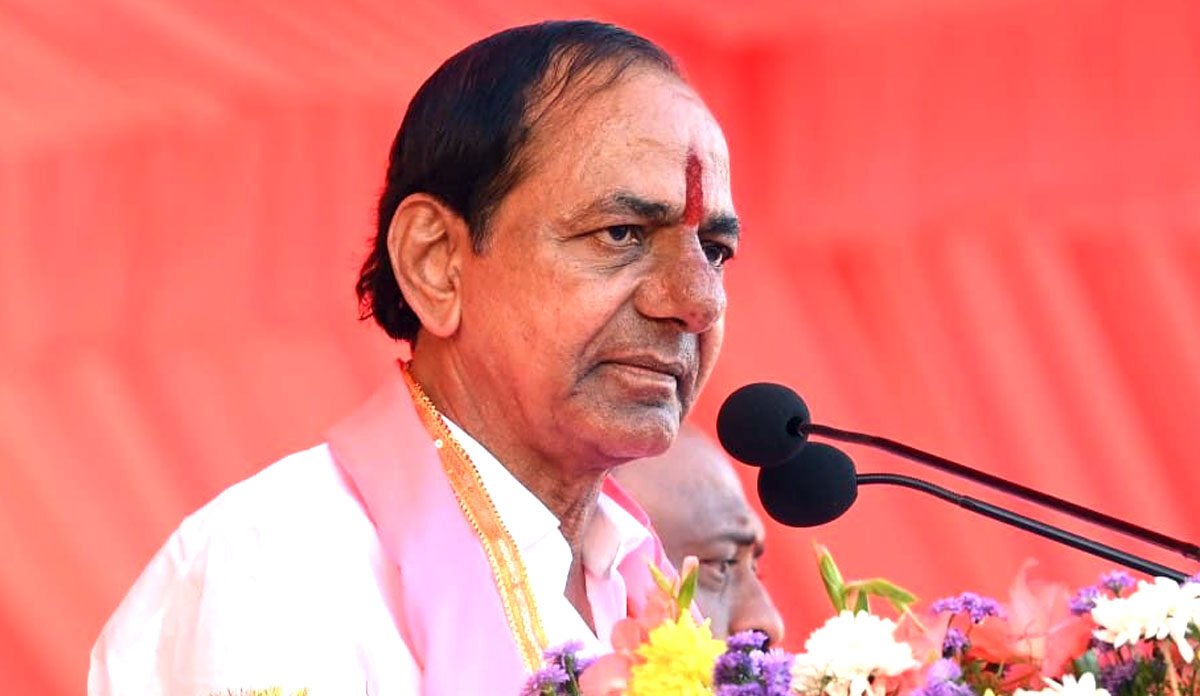
Chandrashekar Rao (KCR), the founder of Telangana Rashtra Samithi (TRS), led a successful campaign for the formation of the state of Telangana and later secured victories in the state assembly elections. His strategic alliance-building, populist policies, and effective communication played crucial roles in TRS’s electoral triumphs.
YS Jaganmohan Reddy’s Praja Sankalpa Yatra:
In Andhra Pradesh, YS Jaganmohan Reddy’s Praja Sankalpa Yatra in 2017-2019 was a significant campaign that helped him connect with voters personally. Covering over 3,000 km on foot, Reddy interacted directly with people, addressing their concerns and gaining their support, ultimately leading to his party, YSR Congress Party’s (YSRCP), victory in the 2019 Assembly elections.
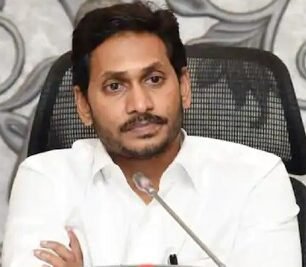
N. Chandrababu Naidu’s Technology-Focused Campaigns:
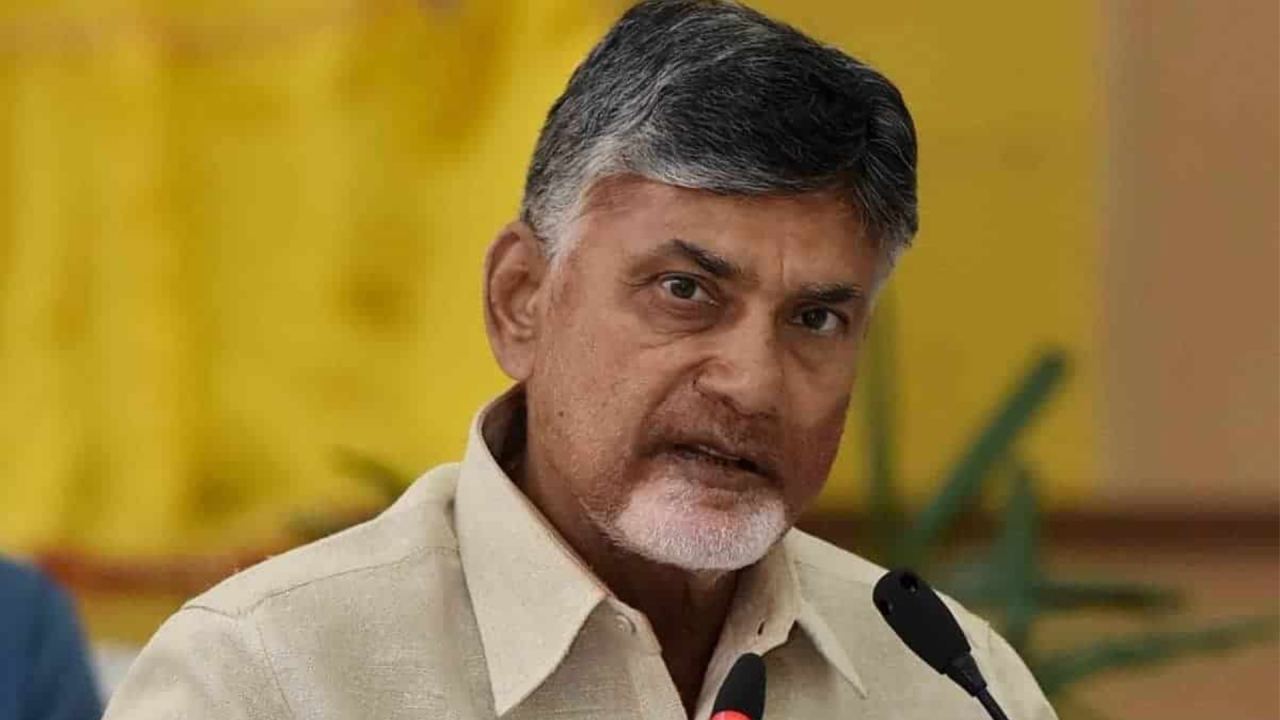
N. Chandrababu Naidu, the former Chief Minister of Andhra Pradesh and leader of the Telugu Desam Party (TDP), is known for his innovative use of technology in campaigning. Under his leadership, Andhra Pradesh became one of the first states in India to extensively use technology for governance and electoral campaigns, earning him praise for his modern approach.
Pawan Kalyan’s Janasena Party:
Pawan Kalyan, a popular actor turned politician, founded the Janasena Party in Andhra Pradesh with the aim of bringing about political change. While his party has yet to secure significant electoral victories, Kalyan’s ability to mobilize youth and his appeal among certain sections of the electorate have made him a notable figure in AP politics.
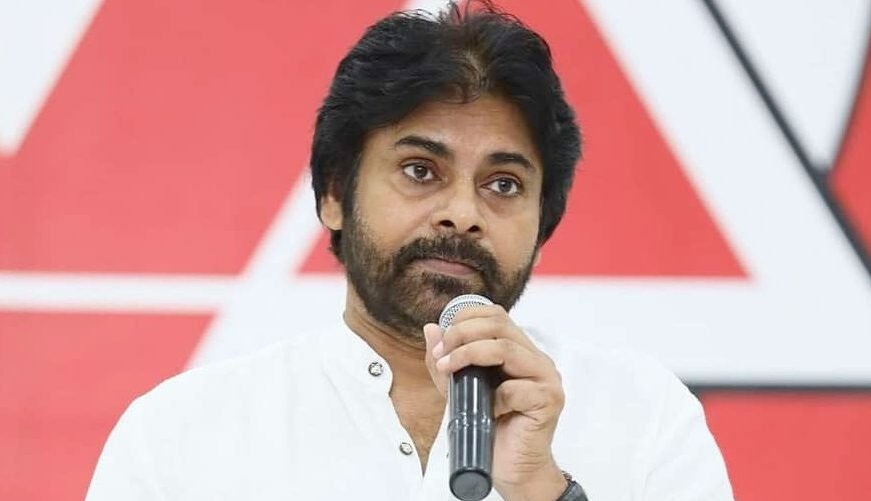
Conclusion
These success stories in Indian political campaigning offer valuable insights into the evolving dynamics of democracy in the world’s largest electoral arena. From digital innovation to grassroots mobilization, from regional identity to youth outreach, each campaign exemplifies the diverse strategies employed to sway public opinion and secure electoral victories. As India continues its democratic journey, these case studies serve as guiding beacons for political leaders and strategists, navigating the complexities of Indian politics with vision, empathy, and resilience.

